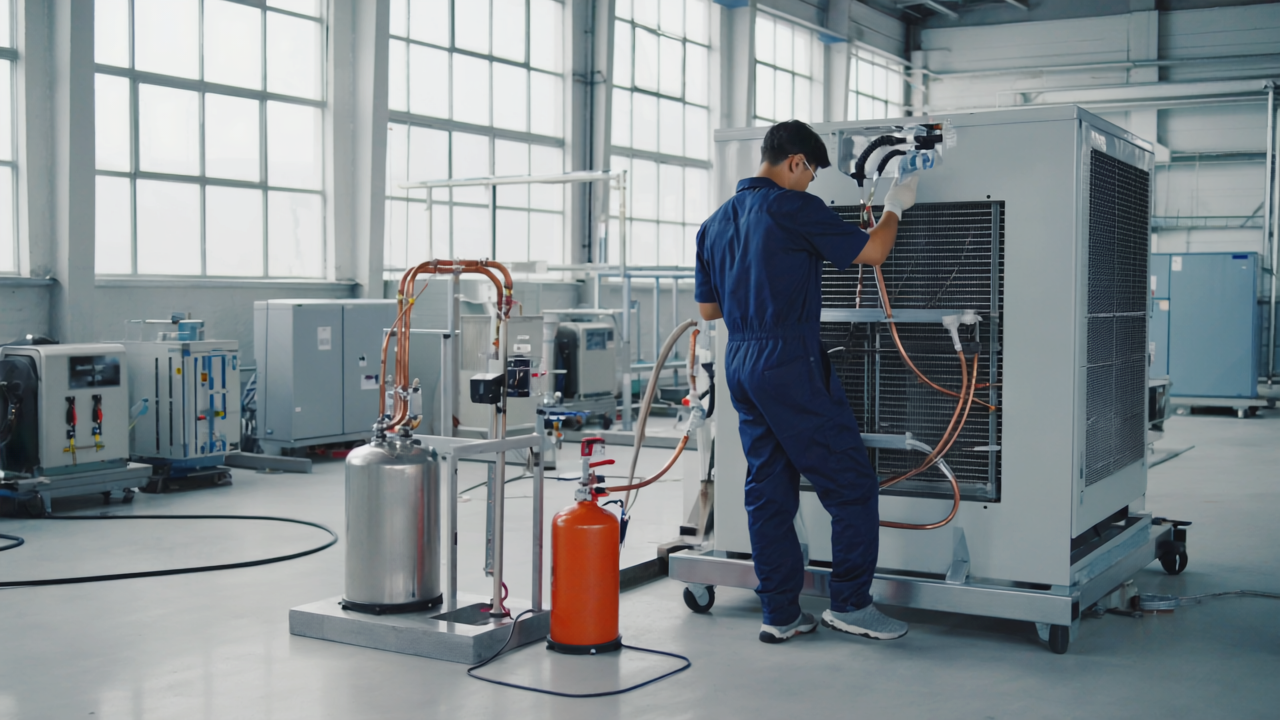Mastering HVAC System Decommissioning: Best Practices and Guidelines
Is it time for your HVAC system to retire? If your system is inching towards the 15-20 year mark, decommissioning might be on the horizon. But how do you ensure a smooth, environmentally friendly process? Let’s dive into the best practices for HVAC system decommissioning to keep you compliant and efficient.
Understanding the Importance of HVAC System Decommissioning
Decommissioning an HVAC system isn’t just a matter of flipping a switch. It’s a detailed process that requires careful planning and execution. Not only are you dealing with complex machinery, but you’re also navigating a landscape of environmental and safety regulations. Abandoning a system without proper decommissioning can lead to hefty fines and environmental damage.
Following EPA and Safety Regulations for Decommissioning
The EPA has laid down specific regulations to guide HVAC decommissioning. These include using certified recovery equipment and technicians to prevent refrigerant release, and maintaining detailed records, especially for systems holding 5-50 lbs of refrigerant. Since 2019, stricter regulations apply for systems with ≥50 lbs of HFC refrigerant. Complying with these guidelines not only helps the environment but also keeps you on the right side of the law.
Creating a Comprehensive Decommissioning Plan
A well-thought-out decommissioning plan is crucial. This involves a full chemical inventory and removal procedure for your HVAC systems. Working with qualified professionals ensures that you’re following guidelines from the EPA, ANSI, OSHA, and local agencies. Remember, the goal is not just to retire your system but to do so safely and legally.
- Plan for the replacement or downsizing of the new HVAC system to enhance future efficiency.
- Consider advanced tools like the Fieldpiece digital manifold for precise refrigerant recovery and diagnostics.
- Keep thorough records of the decommissioning process as required.
Conclusion
Decommissioning your HVAC system is a significant task, but with the right approach, it can be managed effectively. From understanding regulations to implementing a solid plan, every step is crucial for environmental compliance and safety.
Your Next Step: Ready to start your decommissioning process? Consult with a certified HVAC professional today to ensure your system’s retirement is handled efficiently and safely.
FAQ on HVAC System Decommissioning
What are the best practices for HVAC system decommissioning?
Best practices include following EPA regulations, using certified professionals, and maintaining detailed records throughout the process.
How long do HVAC systems typically last before decommissioning?
Most HVAC systems are planned for decommissioning after 15-20 years of service.
What are the environmental benefits of proper HVAC decommissioning?
Proper decommissioning helps prevent the release of harmful refrigerants, significantly reducing greenhouse gas emissions.
Why is it important to use certified technicians for HVAC decommissioning?
Certified technicians ensure compliance with regulations and safe handling of refrigerants, preventing environmental harm and legal issues.
How can I optimize my new HVAC system during decommissioning?
Consider replacing or downsizing the system to better suit your building’s future needs and improve energy efficiency.


